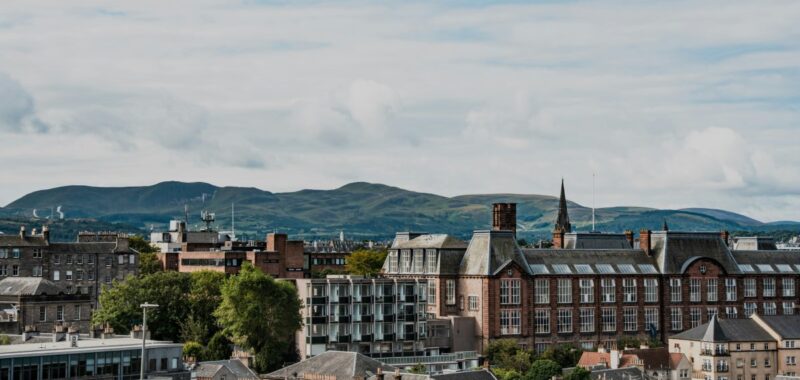Skift Take
Thanks to powers granted by the Scottish parliament, Edinburgh is leading the way on charging its visitors taxes on their hotel stays. We could see more tourist taxes pop up in Scotland, making the destination more expensive.
Scotland will be getting its first tourist tax, a levy in Edinburgh, but the local tourism industry is concerned it will make the destination less competitive.
Last week, Edinburgh’s city council approved a proposal (called “Transient Visitor Levy”) to charge guests at hotels, short-term rentals, hostels and bed and breakfasts 5% per room night, capped at seven consecutive days, starting in 2026. For twelve weeks starting in September, there will be a public consultation phase about about the tax.
City officials will use the funds to support affordable housing, infrastructure, destination management and culture, heritage and events. The tax is expected to raise £45 to £50 million per year by 2028/2029.
The proposal’s approval comes three months after the Scottish parliament passed a bill to enable local city councils to charge tourist taxes.
Other local authorities across Scotland are now considering whether or not to implement their own tax, said Marc Crothall, chief executive of the Scottish Tourism Alliance.
Some tourism businesses are concerned the new tax will make Edinburgh more expensive for tourists. “It remains a very contentious matter,” said Crothall. “There are concerns around the future total price point to the customer and what impact this might have on future bookings, especially by our domestic visitors when there are already signs of decline in bookings from this market due to the UK cost of living crisis still biting.”
The UK has a value-added tax rate of 20%, which also applies to hotel rooms, one of the highest in Europe. That exceeds other European tourist destinations like France, Italy and Spain, each of which applies a VAT of 10% to their room nights.
Paris, Barcelona and Lisbon also each charge a flat fee for tourists staying in hotels.
“We typically see city tax in Europe as a flat nightly fee, so I think the 5% proposal may prove challenging,” said Kelly Torrens, vice president of product for Kensington Tours, a tour operator.
Amsterdam introduced a 7% tourist tax this year on overnight stays at accommodations.
About 1.8 million visitors came to Edinburgh in 2022, according to the city council. The city accounted for 43% of all overnight stays in Scotland.
Crothall hopes any surplus tax collection goes back to improving the visitor experience and not to fill city council budget shortfalls. “Any levy collected must be treated as incremental monies to be spent on areas that enhance the visitor experience and support the industry,” he said.

